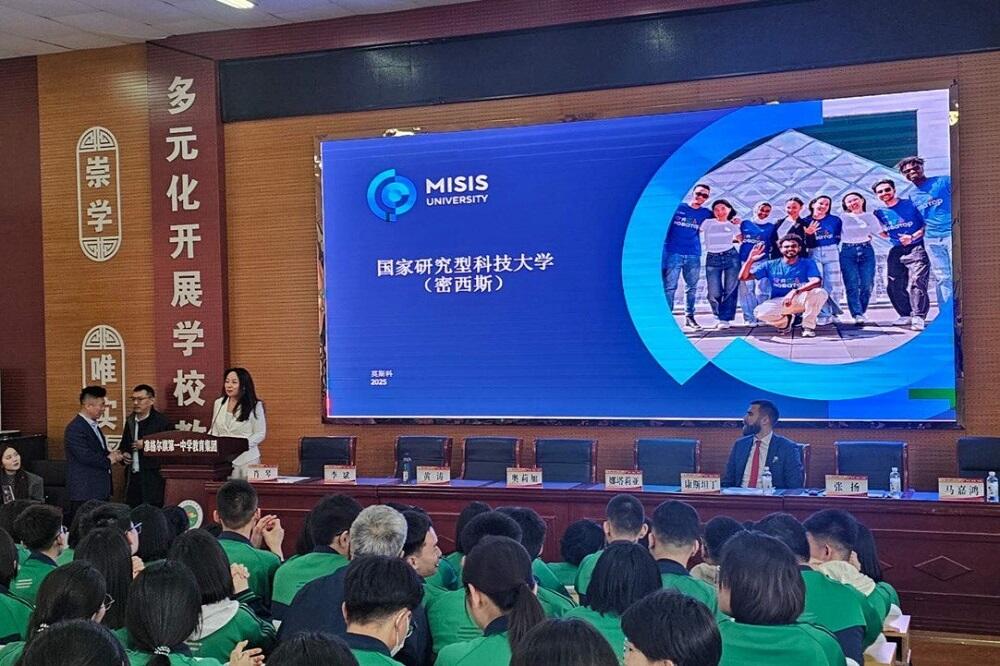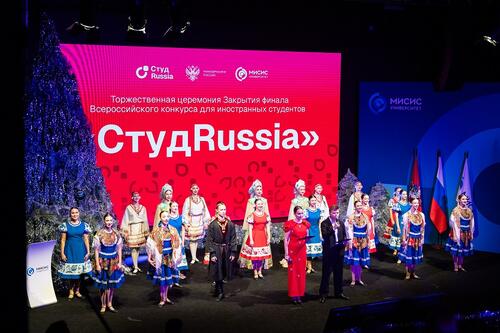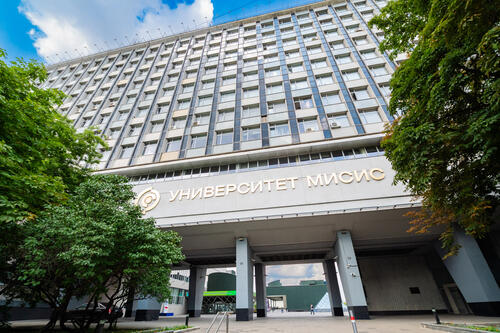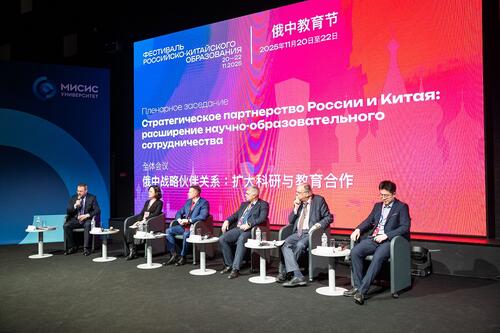 NUST MISIS opens a preparatory center for future engineers from China
NUST MISIS opens a preparatory center for future engineers from China NUST MISIS opens a preparatory center for future engineers from China
NUST MISIS opens a preparatory center for future engineers from China NUST MISIS opens a preparatory center for future engineers from China
NUST MISIS opens a preparatory center for future engineers from China The Final of the StudRussia Competition for International Students Took Place at NUST MISIS
The Final of the StudRussia Competition for International Students Took Place at NUST MISIS NUST MISIS Improves its Position in the UI GreenMetric Ranking
NUST MISIS Improves its Position in the UI GreenMetric Ranking “The Festival at NUST MISIS is a prologue to the Russia—China Years of Education”
“The Festival at NUST MISIS is a prologue to the Russia—China Years of Education”